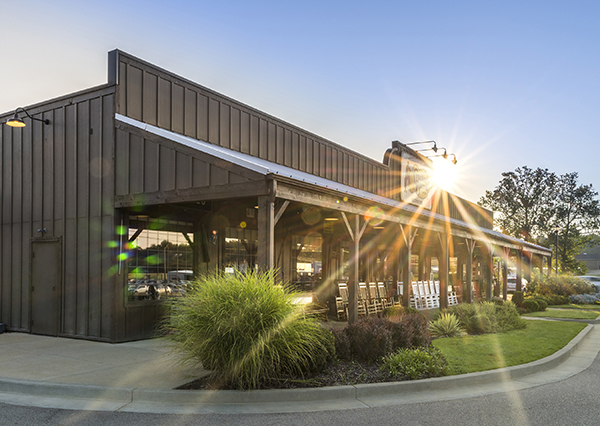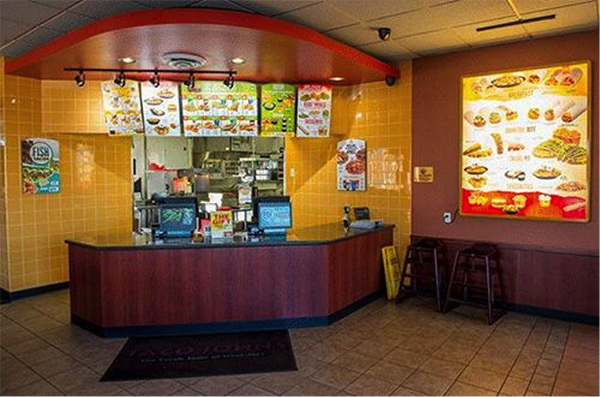In June, the City of Berkeley Environmental Health Division approved its inspection of the first “Microenterprise Home Kitchen Operation” (MEHKO) in the San Francisco Bay Area, authorizing home chef Akshay Prabhu to sell hot meals from his home restaurant, Bao House.
In 2014, while studying Neuroscience at UC Davis, Prabhu tried to start a mobile steam bun cart on campus but was prevented from doing so by local food laws. Prabhu began cooking for his neighbors from home until a feature in the local newspaper brought the Yolo County Health Department to his door, shutting him down in an undercover sting operation.
In response, Prabhu founded Foodnome, a marketplace for homemade food that also advocates for changing food laws, provides resources for home-based food entrepreneurs, and connects these home-based chefs with their neighbors. Prabhu organized hundreds of home cooks and community members, marching and lobbying at California's Capitol to fight for the Home Restaurant Bill, AB 626. Thanks to leadership from the C.O.O.K. Alliance and a network of advocates, the bill passed unanimously in the legislature and was signed into law by Governor Jerry Brown in September 2018.
COVID-19 has battered the U.S. restaurant and foodservice industries, leaving strings of restaurants shuttered and an estimated 7 million to 9 million food workers unemployed. Supporters say these home kitchen permits offer a path forward for economic revitalization, creating income opportunities for low-income people of color, immigrants, stay-at-home moms, and others excluded from traditional food business ownership due to high capital costs.
Chef Bilal Ali is one of these food workers, losing his job at the Starline Social Club in Oakland before going on to co-create the highly publicized pandemic pop-up, Broke Ass Cooks, which was subsequently shut down by Alameda County’s Department of Environmental Health. “I think home restaurant permits make opening a restaurant more accessible. The barrier for entry has always hung over us — I have to go into a massive amount of debt for something that is statistically likely to fail,” says Ali. “These permits give people the opportunity to try things out without ruining their lives. The more restaurants and the more types of food there is, the better the world is.” Ali went on to form the legal pop-up M.I.C.H.O.Z., and is in the process of securing its MEHKO permit with Foodnome this summer.
California’s AB626 has been implemented in six counties, including Alameda, Solano, and Riverside, and is in the process of being enacted in a number of additional counties. Utah successfully passed a similar bill this past spring, and legislation is pending in New York and Washington.



